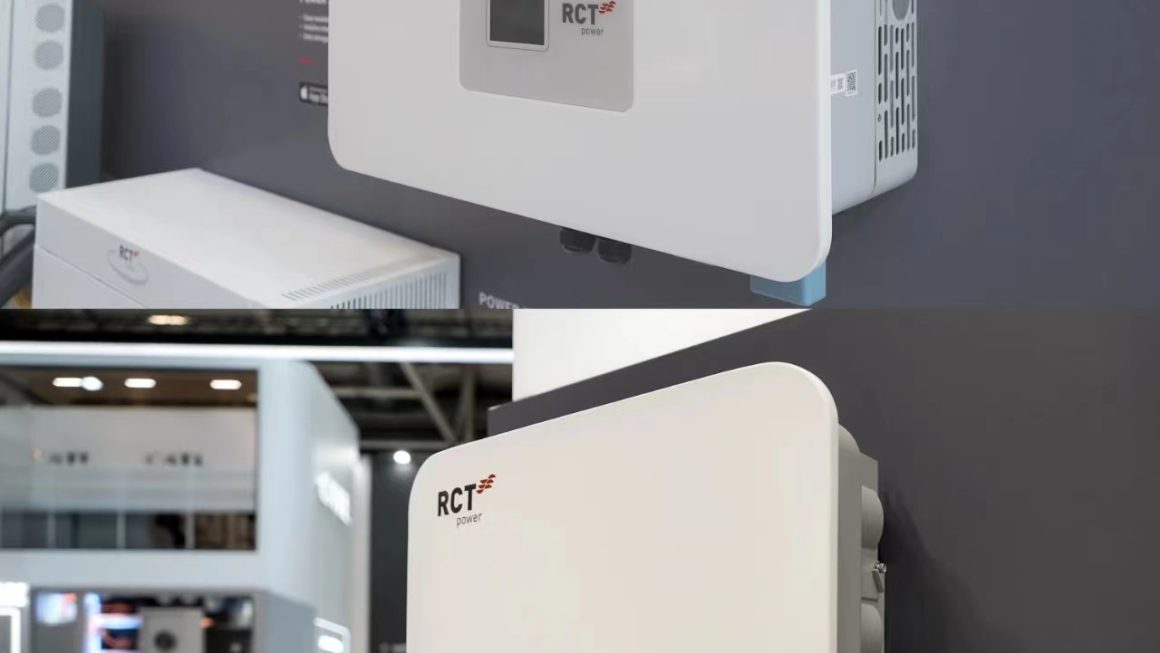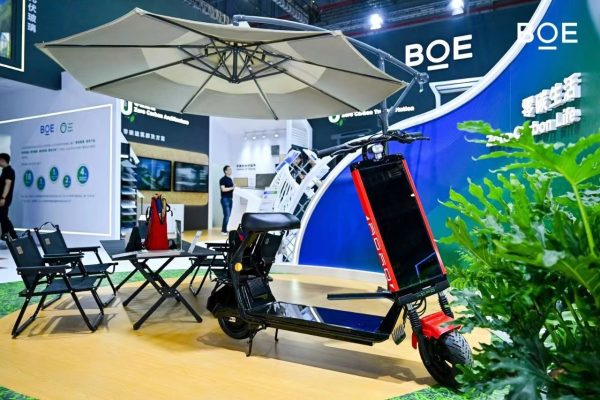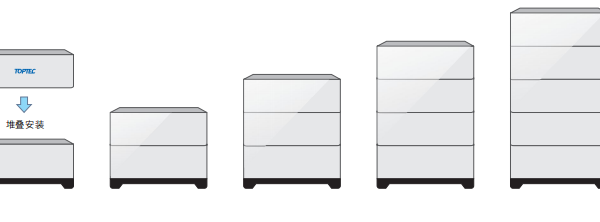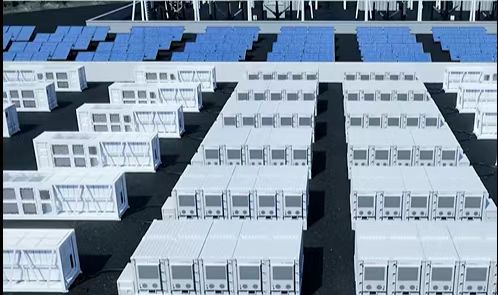Reliable Power for Remote Living – A Simple Yet Effective Solution
1. Project Background: Why This System Was Needed
A rural household in Southeast Asia contacted our partner looking for a solution to unstable grid power and frequent outages. They had:
- Access to daytime solar
- Poor grid reliability (often <6 hours/day)
- Limited budget (<$3,000 total system cost)
- Load profile: LED lights, fans, TV, small fridge
Objective: Provide basic power 24/7 with solar + battery support, while keeping the system simple, affordable, and easy to install.
2. Final System Configuration
| Component | Specification |
|---|---|
| Inverter | 3kW Hybrid Inverter (48V, low-voltage) |
| Battery Pack | 5kWh LFP battery (48V, 100Ah) |
| PV Array | 2.5kWp mono panels |
| Mounting Structure | Simple ground mount, aluminum rail |
| Loads Supported | 0.5–1.5kW peak, <3kWh/day total |
This configuration allowed for daytime solar supply and nighttime backup, while charging the battery efficiently with excess PV power.
3. Why This Setup Worked
✅ Hybrid Inverter with Integrated MPPT
- 3kW unit was enough for all household loads
- Built-in 80A MPPT controller simplified installation
- Dual-mode (grid + off-grid) allowed flexibility: grid charging was possible when available
✅ Low-Voltage Battery for Safety and Simplicity
- 48V lithium battery was:
- Safer for residential users
- Easier to install with fewer protection requirements
- Compatible with more inverters in this segment
- Chosen battery had built-in BMS and CAN communication with inverter
✅ Solar Priority Setting
- Inverter set to PV Priority Mode:
- Solar powers loads first
- Then charges battery
- Grid used as last resort (when solar is low and battery low)
4. Load Management Strategy
| Time | Source | Load Type |
|---|---|---|
| Daytime | Solar → Load | Fans, lights, appliances |
| Afternoon | Solar → Battery | Charge battery for night use |
| Evening | Battery | Lights, TV, fridge |
| Midnight | Battery/grid | Low loads only |
This daily cycle helped avoid battery over-discharge and prolonged battery life.
5. Installation Notes
- No complicated EMS needed – inverter handled all logic
- Pre-configured settings before shipping (battery protocol, solar priority)
- Color-coded wiring diagrams provided for local installer
- Full system fit in a 1.2m × 1.2m corner of the home
The system was installed and commissioned in under one day with one electrician and one helper.
6. Results After 3 Months
- ✅ 100% power uptime for basic loads
- ✅ Electricity bill dropped by 70%
- ✅ Owner satisfied with mobile monitoring app (via Wi-Fi dongle)
- ✅ No customer complaints or errors reported
This small but complete setup proved to be a perfect fit for rural families needing dependable energy without complexity or overdesign.
7. Lessons for Technical Trade Partners
This project highlights how you, as a non-R&D but technically competent exporter, can:
- 🧩 Pre-match and configure hybrid inverters + batteries for remote clients
- 🛠️ Provide simple installation kits that local electricians can handle
- 📦 Ship compact, all-in-one systems for small homes or off-grid cabins
- 🧾 Guide project design based on realistic load data, not guesswork
Even in basic cases like this, your responsiveness and system design ability builds strong relationships with installers and end clients alike.
8. Recently Published Articles You May Like
- 👉 Troubleshooting Common Inverter Failures in Field Applications
- 👉 Thermal Design for Small Storage Cabinets in Hot Climates
- 👉 Building a Compact Energy Storage Room: Tips & Layout Ideas
9. Final Thoughts
Small systems like 5kWh + 3kW may not sound exciting—but for rural homes, they are life-changing. As a supplier, when you offer the right system, clear support, and fast response, you are no longer just a seller—you are a partner in energy transformation.
If you’re working with rural projects or small EPCs, use this case as a blueprint. Show what’s possible with well-matched, compact systems that just work.








